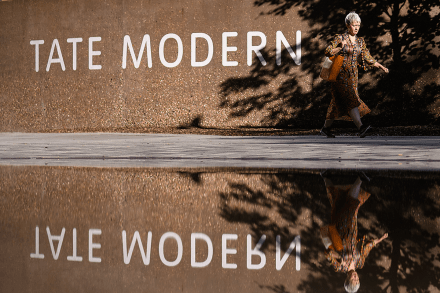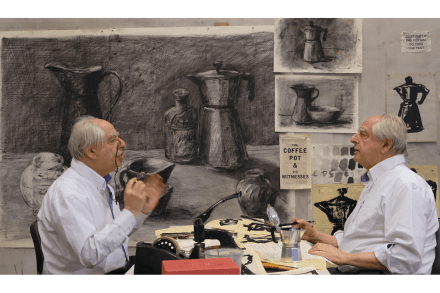The latest Dragon Age game is unbearably right-on
Like all other forms of culture, video games offer a way to escape from, or reflect on, reality through fiction. Unlike almost any other form of culture, they are interactive – you, the player, control the experience. Nowhere is this more true than with immersive role-playing games (RPGs), in which the player embodies a character forced to make moral (or wildly immoral) choices in a fictionalised world, which change the narrative of the game for good or ill. That might sound nerdy (it is), but it’s big business. Baldur’s Gate 3 has comfortably topped $1 billion in global sales, and won numerous industry awards. Baldur’s Gate 3 gives you lots




















